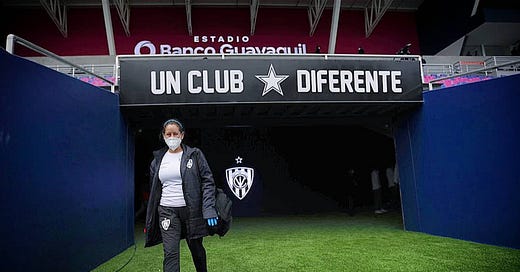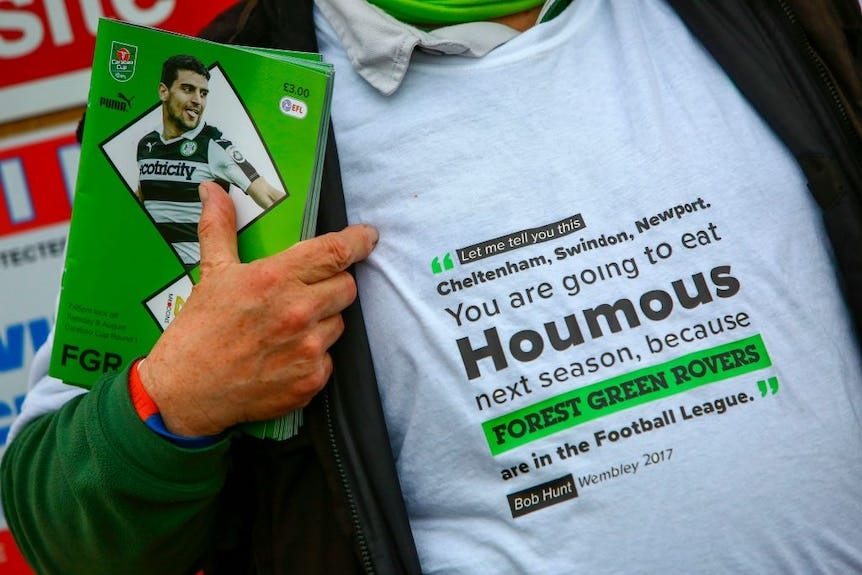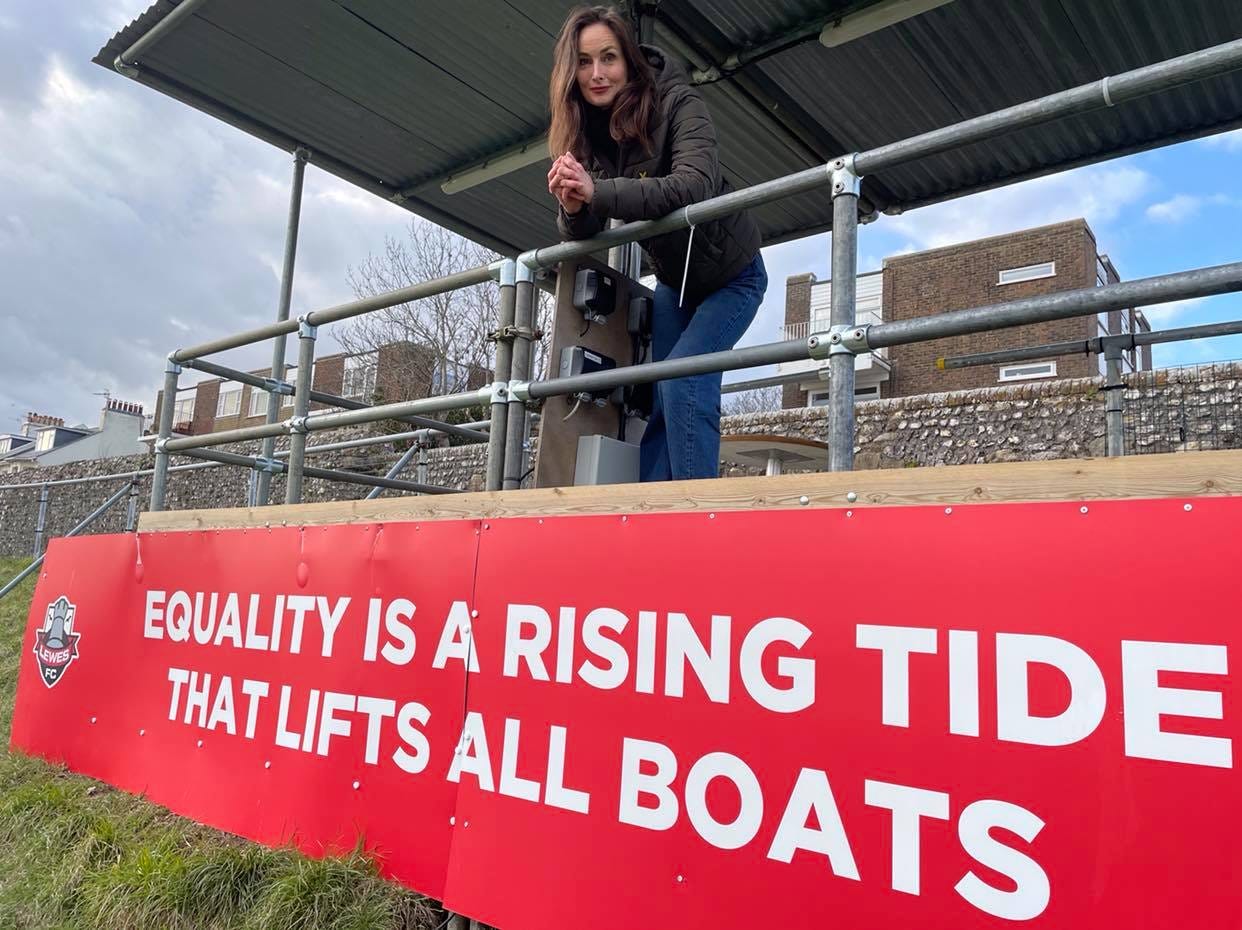Human beings have a complicated relationship with the word different.
If someone tells you that you are different, they can be either praising you or discriminating against you. It depends a lot on the tone, the context and, above all, the characteristic that makes you different.
But in a world that is fast moving towards mimicry, even people who are considered different for positive reasons end up occupying marginal spaces in society.
We value those who are different, but only if they are successful. If not, they are outcasts.
Think different.
Let's take a concrete example. In 1997, Apple launched the iconic Think different campaign with a Super Bowl ad celebrating seventeen round pegs in square holes that you could disagree with, but could not ignore.
After seeing this ad narrated by Steve Jobs himself, who wouldn't want to be different. But what about the thousands or millions of different people who fail to impose their particular way of seeing the world? They are still round pegs, but they fail to change the square hole. They just don't fit.
It's the difference between being different and being different.
This also applies in the world of football. Two personalities different from the average footballer are Zlatan Ibrahimović and Mario Balotelli. One managed to assert himself, the other never quite fit in. Even if the one who did not fit in has a Champions League and the other doesn't.
What about football clubs?
Being different represents too great a risk.
For a start, it involves choosing a more difficult path, which is not a bit more difficult, no, it is the road to the Emerald City, but without the winged monkeys flying you around (sorry for the extemporaneous reference to The Wonderful Wizard of Oz, but I have just read the story to my children).
And, secondly, it involves prioritising values that are not directly aligned with the two main objectives of all football clubs: sporting success and popular support. For the vast majority it is better to prioritise values that work towards these goals, such as working hard, being passionate, dreaming big, respecting their fans and their communities, etc.
That is why very few football clubs are really different.
Independiente del Valle presents itself as a different club, but in reality, it is only a matter of semantics. It is a club that has worked very carefully on the recruitment and development of youth footballers, with clear, long-term projects. They are different in context, because nobody in Ecuador had such a project. But outside of Ecuador, yes, many do. In another context they are not doing something different, they are simply working well, very well.
How many clubs are willing to defend principles that are not directly aligned with sporting success and popular support?
Only two come to mind: Forest Green Rovers FC and Lewes FC, both in England.
The first is the greenest club in the world. In the "About us" section of their website, the first thing they talk about is sustainability, being a vegan club and the importance of raising environmental awareness. This means, for example, that sometimes it can be more important for players to travel with less environmental impact, even if it takes longer and, if they ever get to play in Europe, they can't take charter flights. No doubt there are a large number of fans who might be attracted to such a project, but they will never cease to be a niche. I find it hard to imagine a larger club taking such a strong stance, always putting environmental respect ahead of even the comfort of its players.
Lewes FC has a peculiar model, with thousands of owners (I am one of them), but what makes it different is that it splits its budget equally between football played by women and men. Equality FC they call themselves (we call ourselves). As a principle it sounds good, but it is a huge challenge for those who run the club. There will come a time, if it hasn't come yet, when they may have to pass up a big signing because it will unbalance the budget between the two teams. Again, it's a different proposition that might appeal to a lot of fans, but it's hardly going to be taken forward by a bigger club. There is a lot of risk.
Stand out > Differentiate
Perhaps the vast majority of football clubs do not have the luxury of being different in the way that Forest Green Rovers or Lewes are. Or perhaps they don't want to be different. But that doesn't mean they have to be the same. What they need is to find a way to stand out, to distinguish themselves.
Each club has to find its own storytelling, its own tone of voice, its own heroes, its own myths, its own truths, its own mottos. It has to find its uniqueness in a sea of similarities. But not just any old thing will do. It has to be a uniqueness that resonates with its current and potential fans, but also with its current and potential business partners. A storytelling that connects the past and the future without jumps and jolts.
It's not easy, but it can be done.
It just takes creativity.







